Why is Louisiana's crackdown on crime a reversal of its judicial overhaul?
Many are calling the state's new crime legislation the toughest in the United States
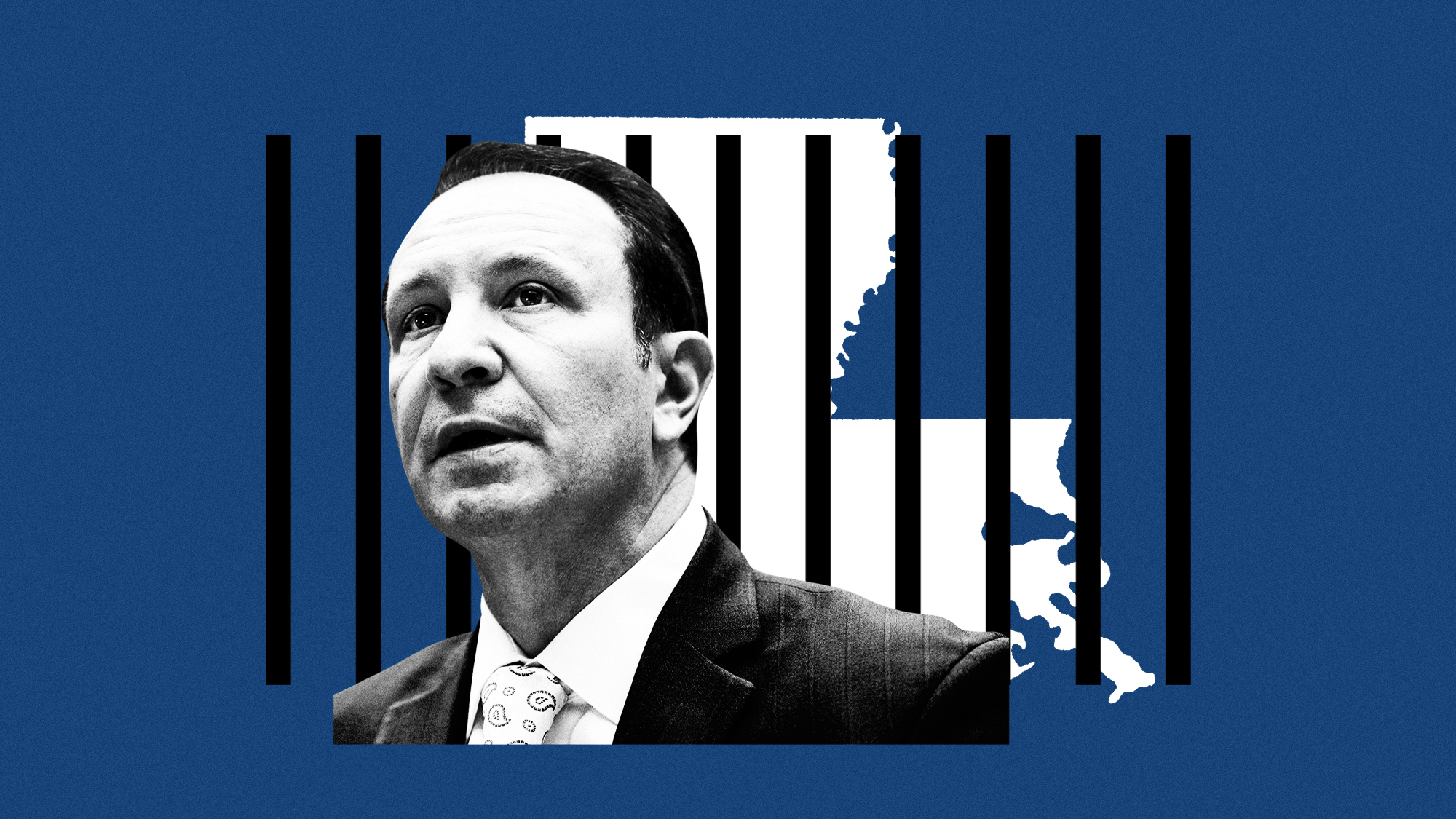

Louisiana's Republican governor, Jeff Landry, signed a slew of bills Tuesday that are meant to crack down on crime in a drastic way, in what is a sharp turnaround from previous reforms in the state. The 11 bills, recently approved by the Louisiana Legislature, give the Pelican State some of the harshest crime laws in the nation.
The new bills were passed to "lengthen sentences for some offenses, to strictly limit access to parole, to prosecute 17-year-olds charged with any crime as adults and to allow methods of execution beyond lethal injection," The New York Times said. These methods include electrocution and nitrogen gas, the latter of which has proven to be a controversial way to put someone to death. One of Landry's bills also allows people to carry concealed handguns without a permit. Landry had pledged to retool Louisiana's criminal code upon taking office this January, and said in a statement the new bills "put the interests of victims before the interests of criminals."
Notably, the laws roll back changes made to Louisiana's judiciary in 2017, in particular regarding prison reforms. These changes, helmed by Louisiana Democrats, "shortened some prison sentences, recalculated who was eligible for parole, weakened drug laws and made it harder to send someone back to prison for violating parole or probation," The Washington Post said. But now Landry appears to be doing away with these reforms, something that critics have argued could lead to unforeseen problems across Louisiana.
Subscribe to The Week
Escape your echo chamber. Get the facts behind the news, plus analysis from multiple perspectives.

Sign up for The Week's Free Newsletters
From our morning news briefing to a weekly Good News Newsletter, get the best of The Week delivered directly to your inbox.
From our morning news briefing to a weekly Good News Newsletter, get the best of The Week delivered directly to your inbox.
What did the commentators say?
New prison sentencing laws, proponents hope, will decrease recidivism by reducing "instances of inmates only serving a 'fraction of their sentence,'" Sara Cline said for The Associated Press. But the legislation "won't deter crime," say critics, and "will cost the state millions as it continues to house inmates who could be paroled." It could also create "less incentive for good behavior and involvement in programs designed to help former inmates succeed in the outside world."
Crime in Louisiana has indeed been soaring in recent years, and Landry and his supporters "argue that the new stringent measures are necessary to crack down on violence," Rick Rojas said for the Times. But beyond the new legislation being unlikely to deter crime itself, the "new laws are variations of flawed past policies and would have the same consequences: punishing people of color disproportionately, obliterating hope and pathways to rehabilitation for prisoners, and foisting a staggering cost onto taxpayers," Rojas said, summarizing the critics.
These bills are a "significant victory for Landry and a fulfillment of a campaign promise," Piper Hutchinson said for the Louisiana Illuminator. But at the same time, it is a "loss for many reform advocates," given that the prior reforms had "reduced the state's nation-leading prison population."
The legislation's "impact on the state's coffers may not come into focus for years," James Finn said for The New Orleans Advocate. An "apparent rush to make the governor's criminal justice vision reality left the bills' fiscal impact unclear." Landry has disputed that his agenda will cost Louisiana any additional taxpayer money. But legislative analysts believe the bills "will cost taxpayers just north of $32 million," Finn said, and the "debate over how much those laws will cost taxpayers comes at a time of uncertainty for Louisiana's financial health."
What next?
Other states will likely attempt to follow Louisiana's lead on crime — and some are already trying to do so, as "other states have also dialed back efforts to experiment with new approaches to criminal justice," the Times said. Last week, Oregon lawmakers passed a bill that would recriminalize small amounts of drugs, the AP said, thereby "undoing a key part of the state's first-in-the-nation drug decriminalization law."
And the GOP — in particular former President Donald Trump — has made cracking down on crime a key part of its agenda. Trump is running on a platform of stopping alleged "migrant crime," although crime in the United States has been dropping. However, many cities that do have high crime rates are also located in red states, so similar efforts from GOP lawmakers could likely be seen in other conservative states.
Sign up for Today's Best Articles in your inbox
A free daily email with the biggest news stories of the day – and the best features from TheWeek.com
Justin Klawans has worked as a staff writer at The Week since 2022. He began his career covering local news before joining Newsweek as a breaking news reporter, where he wrote about politics, national and global affairs, business, crime, sports, film, television and other news. Justin has also freelanced for outlets including Collider and United Press International.
-
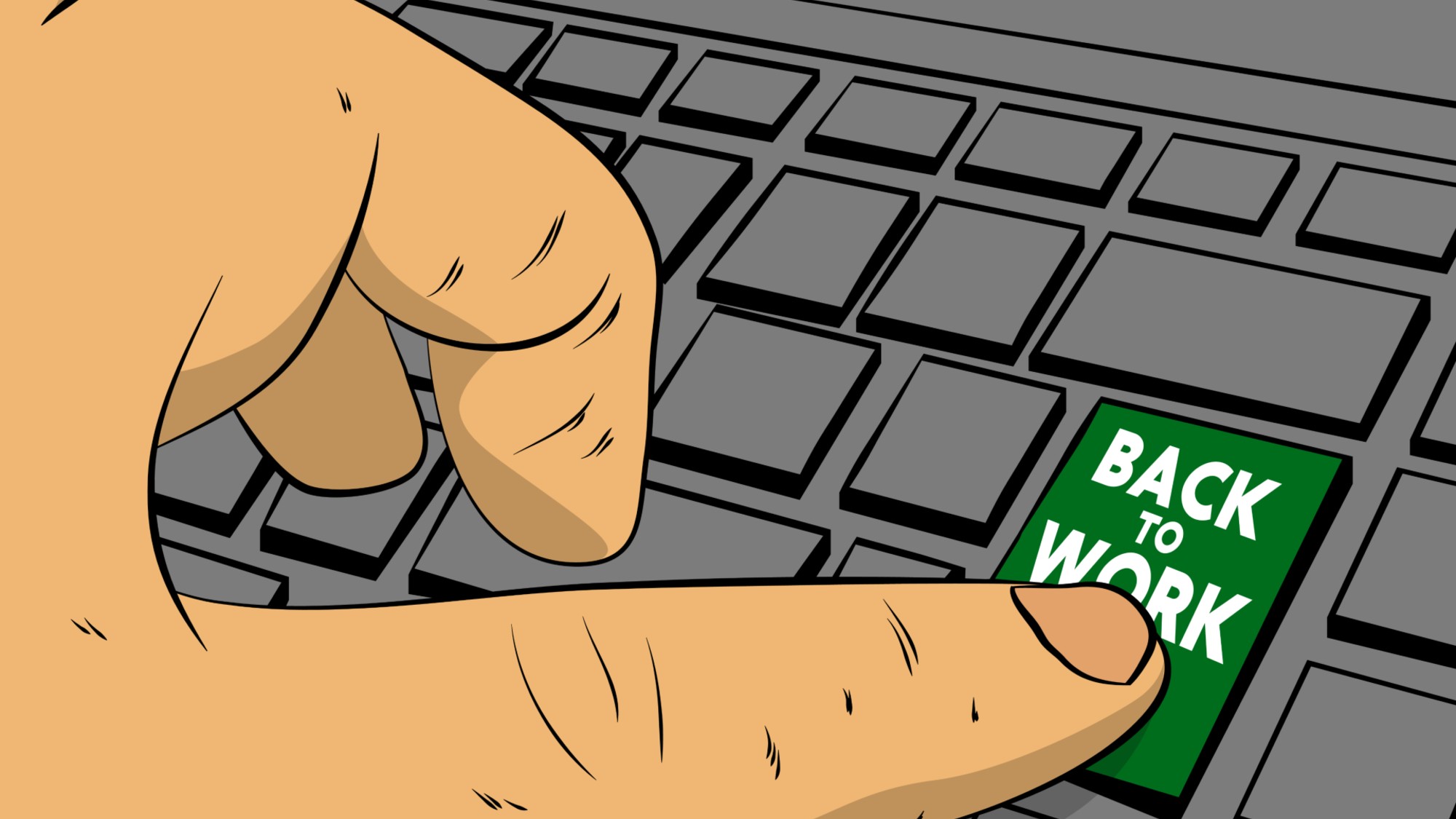 Trump's federal return-to-office mandate descends into chaos
Trump's federal return-to-office mandate descends into chaosIn the Spotlight Was the administration unprepared, or was it a tactic to drive employees to quit?
By Theara Coleman, The Week US Published
-
 Music review: Japanese Breakfast, Selena Gomez and Benny Blanco, and Steve Reich
Music review: Japanese Breakfast, Selena Gomez and Benny Blanco, and Steve ReichFeature "For Melancholy Brunettes (& Sad Women)," "I Said I Love You First," "Collected Works"
By The Week US Published
-
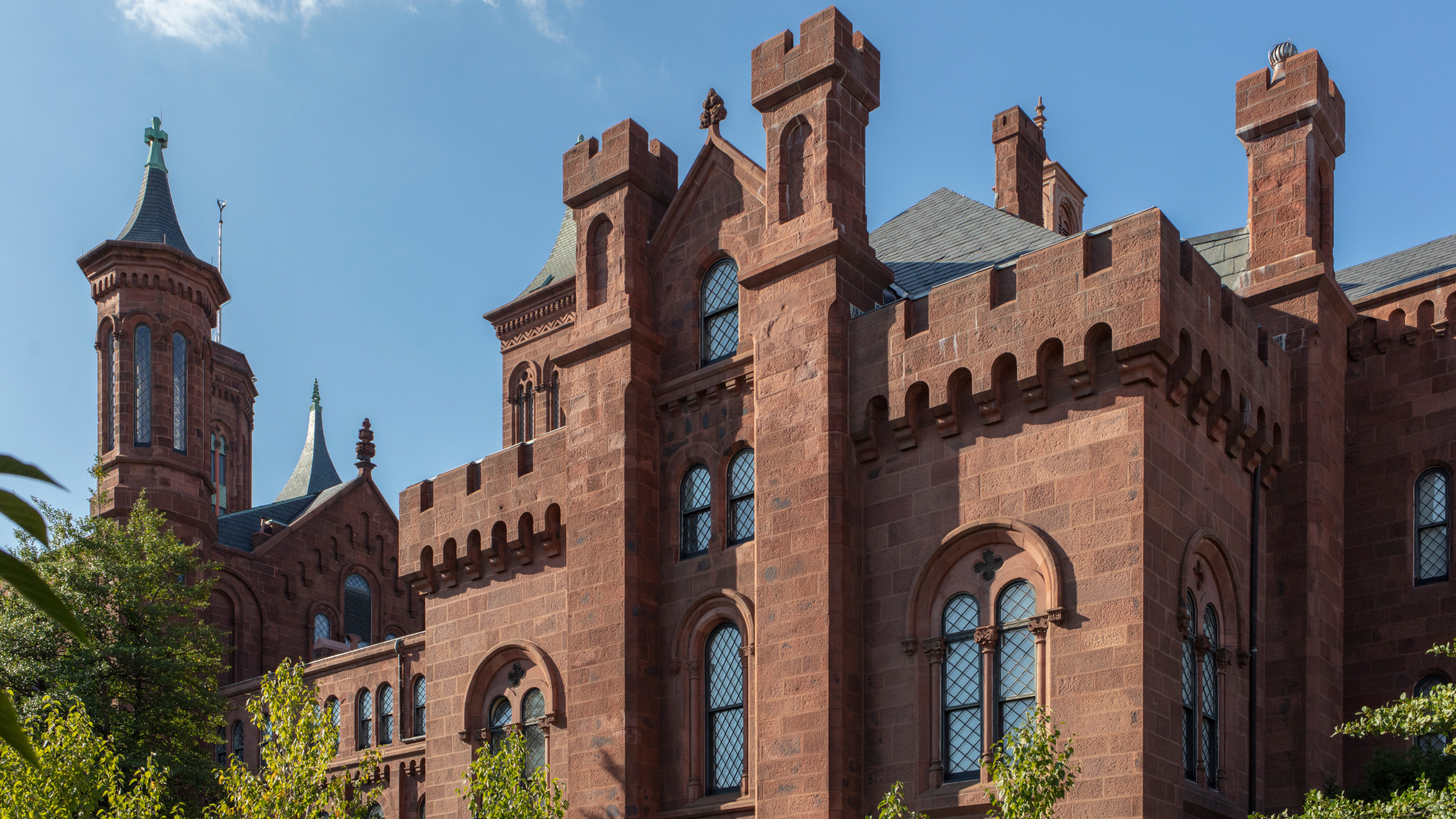 Smithsonian under fire: Trump orders an ideological purge
Smithsonian under fire: Trump orders an ideological purgeReview The president has issued an executive order to control Smithsonian exhibits and restore removed statues linked to slavery
By The Week US Published
-
 Jewish communities are wary of Trump's push to punish antisemitism
Jewish communities are wary of Trump's push to punish antisemitismIN THE SPOTLIGHT While the White House expands its effort to criminalize actions it deems harmful to Jewish Americans, not everyone in those communities are on board with the president's purported assistance.
By Rafi Schwartz, The Week US Published
-
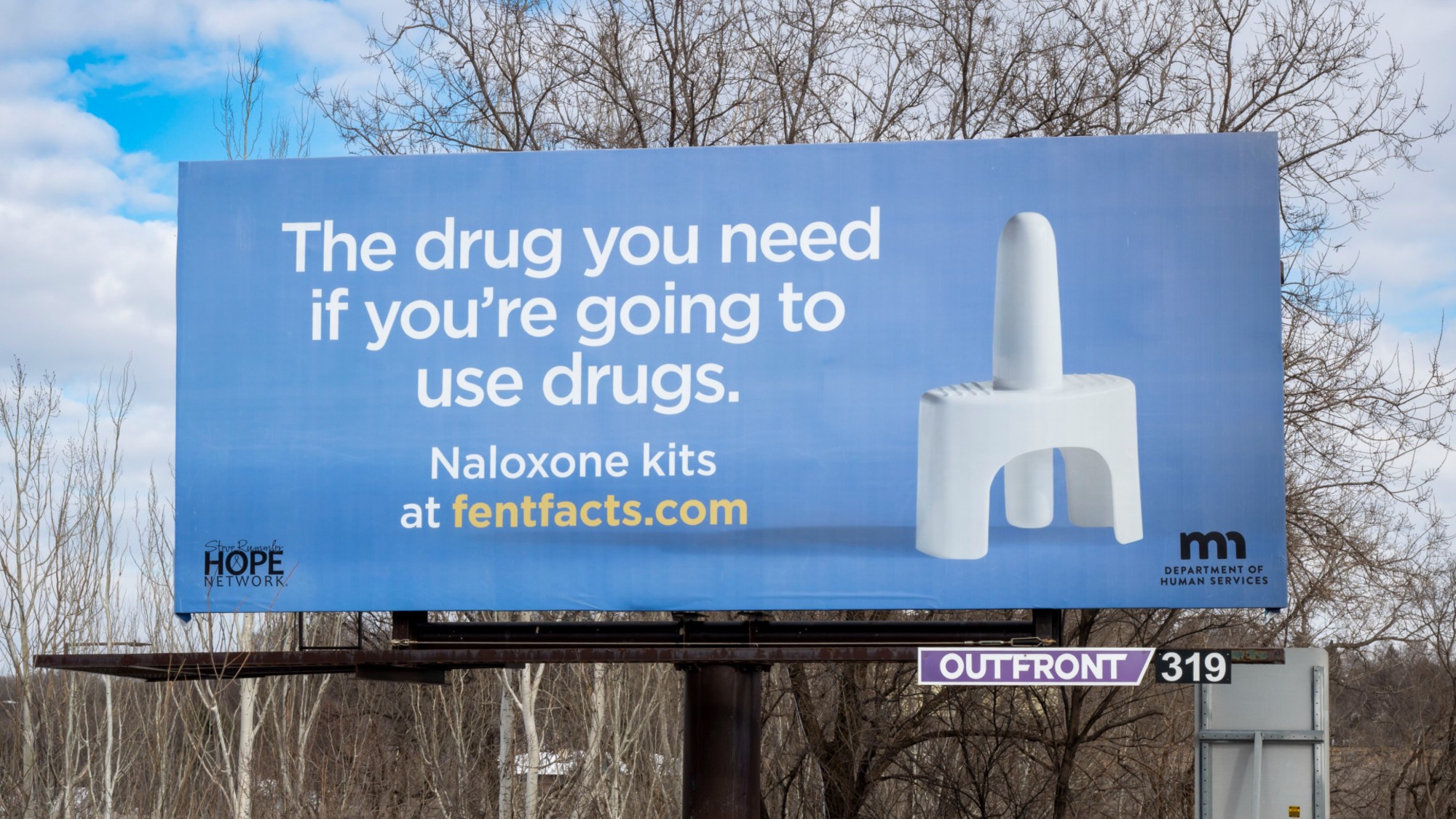 'Mere availability does not ensure that it is used'
'Mere availability does not ensure that it is used'Instant Opinion Opinion, comment and editorials of the day
By Justin Klawans, The Week US Published
-
 Is Elon Musk's DOGE job coming to an end?
Is Elon Musk's DOGE job coming to an end?TODAY'S BIG QUESTION Plummeting popularity, a stinging electoral defeat and Tesla's shrinking market share could be pulling the tech billionaire out of Trump's presidential orbit
By Rafi Schwartz, The Week US Published
-
 Trump's actions cut a wide swath across Hawaii's economy
Trump's actions cut a wide swath across Hawaii's economyIn Depth The state's tourism and farming sectors are two of the largest hit industries
By Justin Klawans, The Week US Published
-
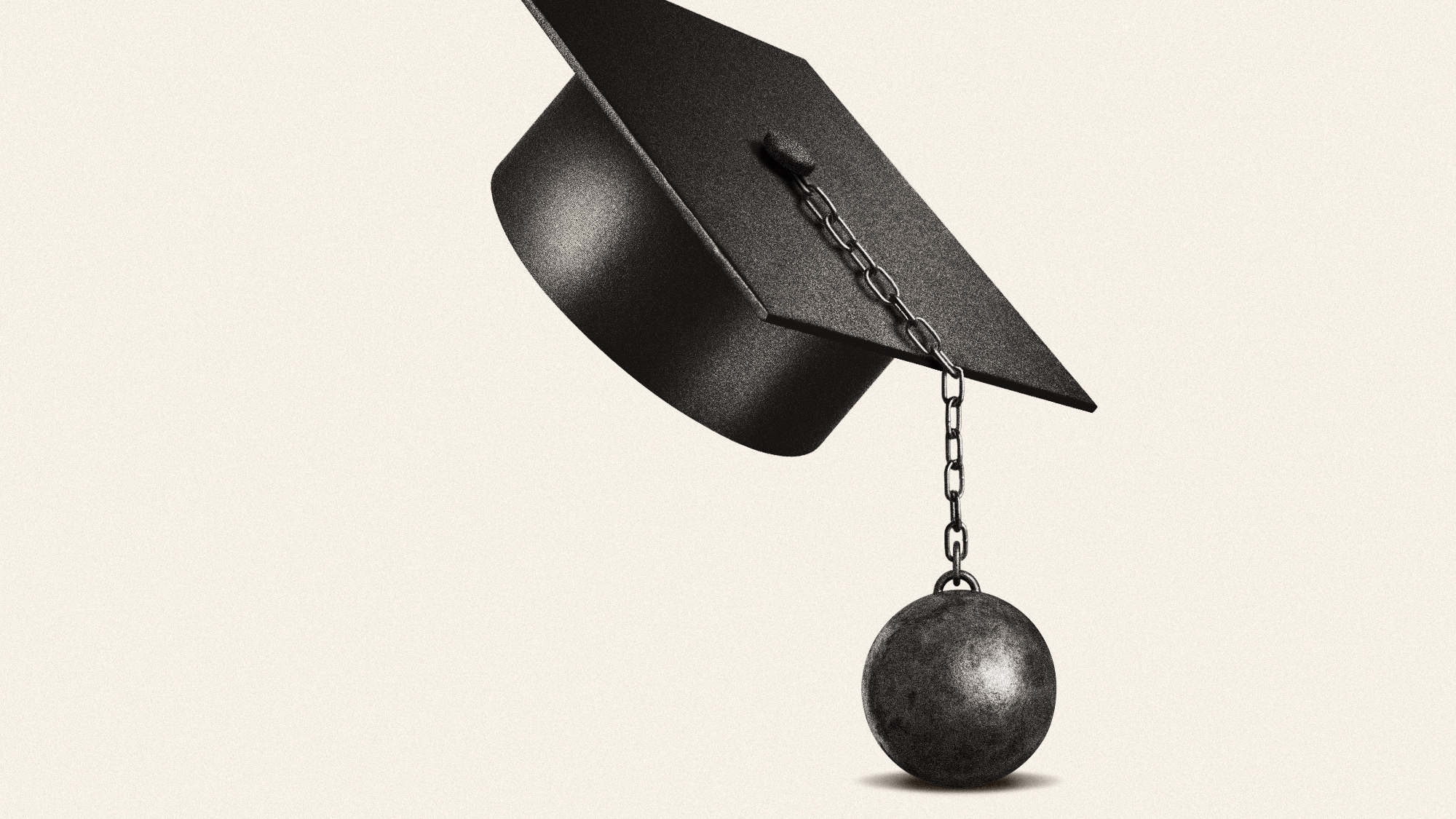 Why are student loan borrowers falling behind on payments?
Why are student loan borrowers falling behind on payments?Today's Big Question Delinquencies surge as the Trump administration upends the program
By Joel Mathis, The Week US Published
-
 What dangers does the leaked Signal chat expose the US to?
What dangers does the leaked Signal chat expose the US to?TODAY'S BIG QUESTION The White House's ballooning group chat scandal offered a masterclass in what not to say when prying eyes might be watching
By Rafi Schwartz, The Week US Published
-
 Amtrak is the latest organization under DOGE's scrutiny
Amtrak is the latest organization under DOGE's scrutinyIn the Spotlight The head of the organization recently announced his resignation
By Justin Klawans, The Week US Published
-
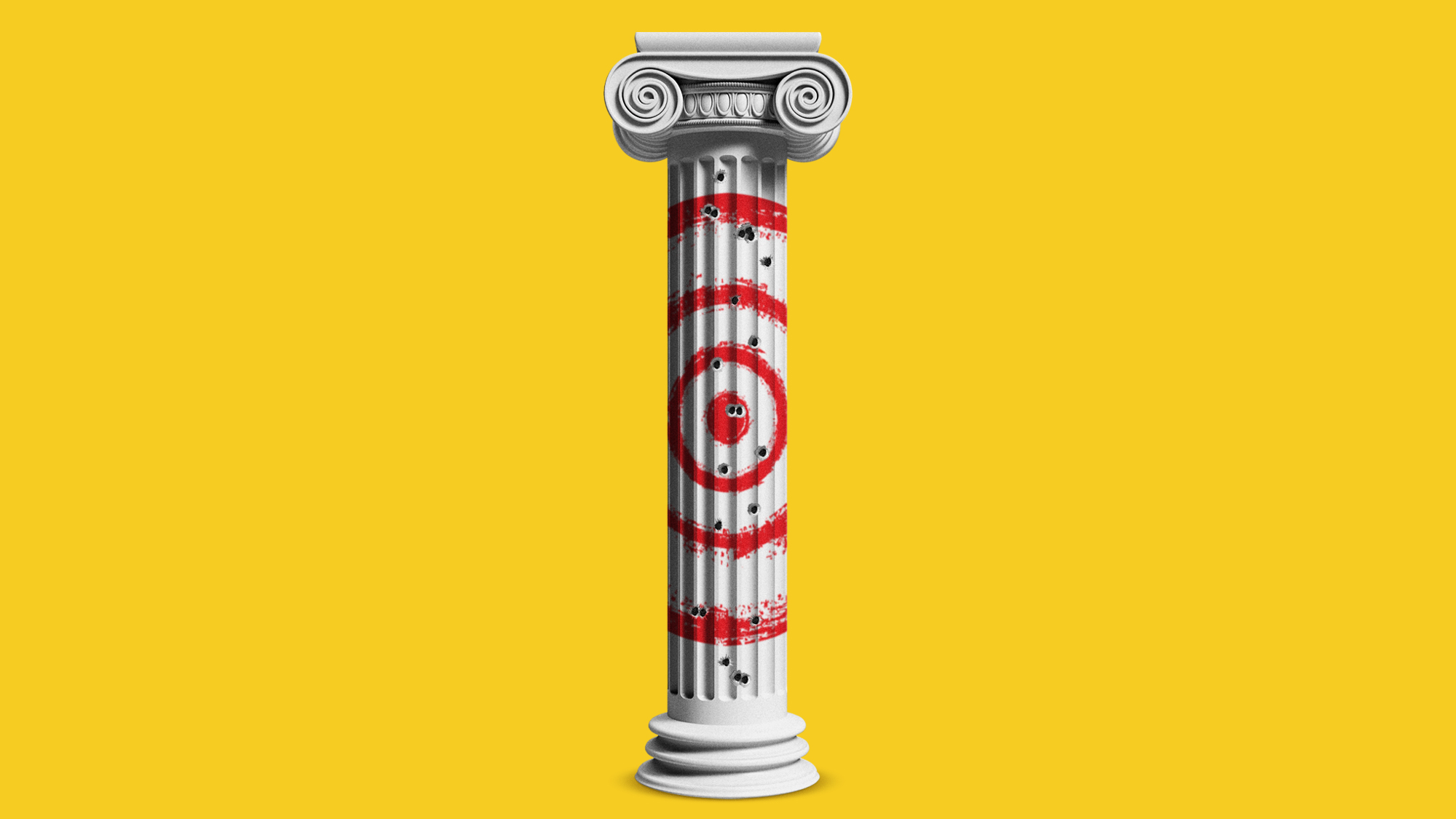 How are attorneys dealing with Trump's attacks on law firms?
How are attorneys dealing with Trump's attacks on law firms?Today's Big Question Trump has sanctioned the law firm that investigated his dealings with Stormy Daniels, among others
By Justin Klawans, The Week US Published
